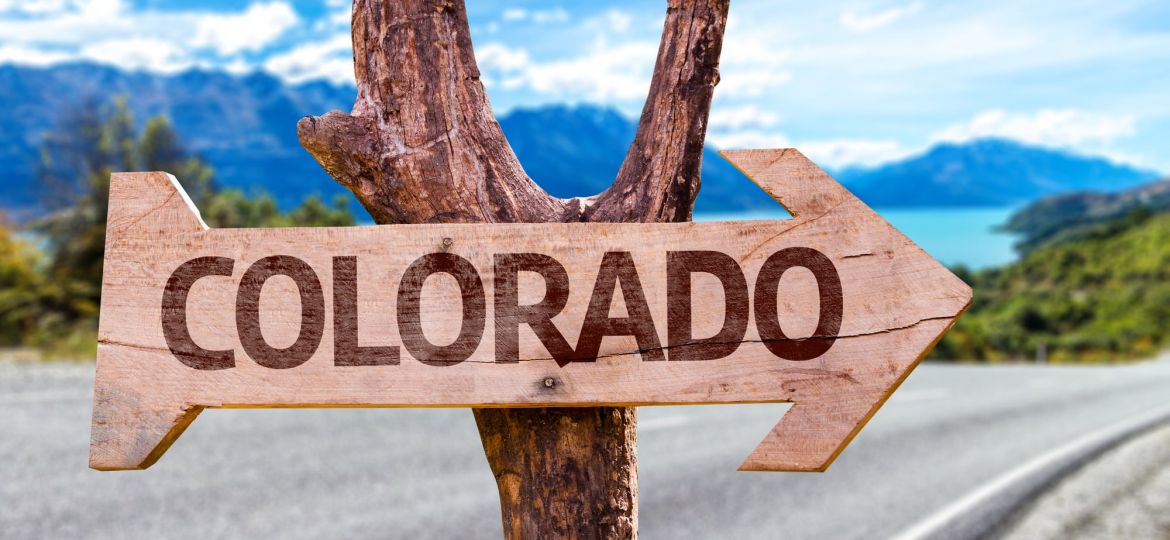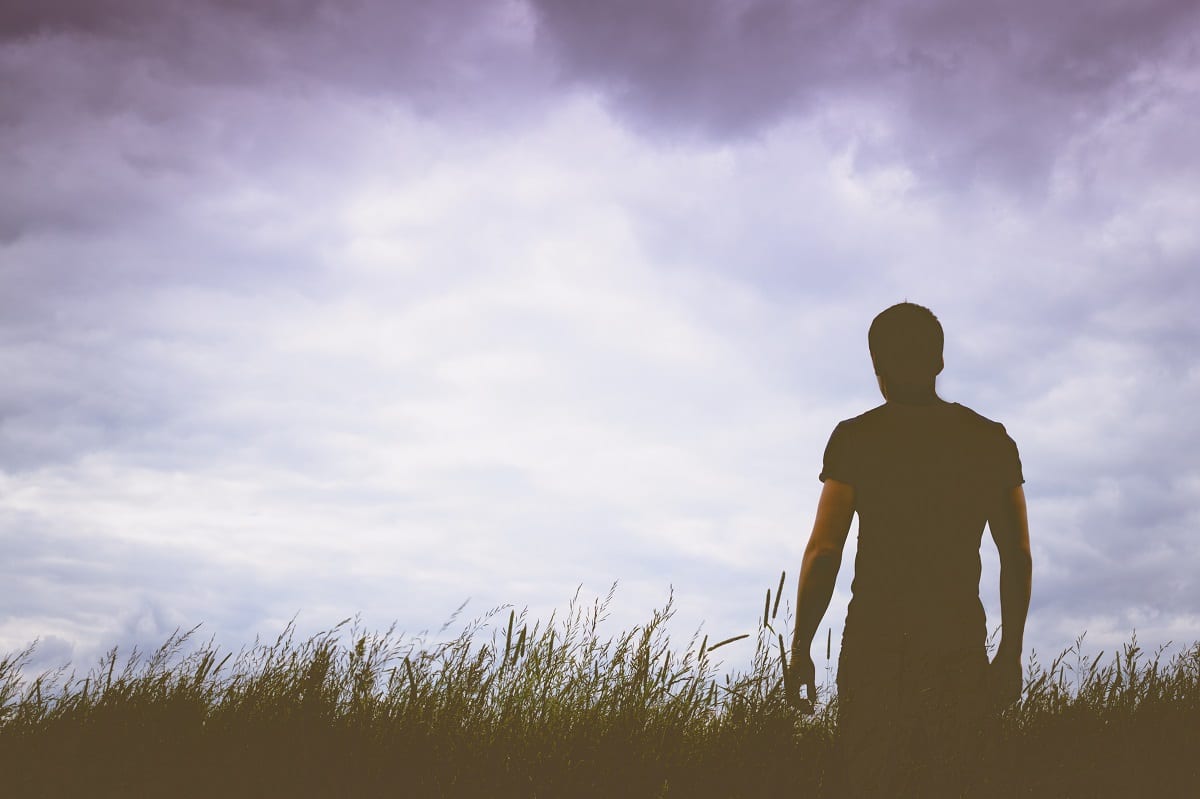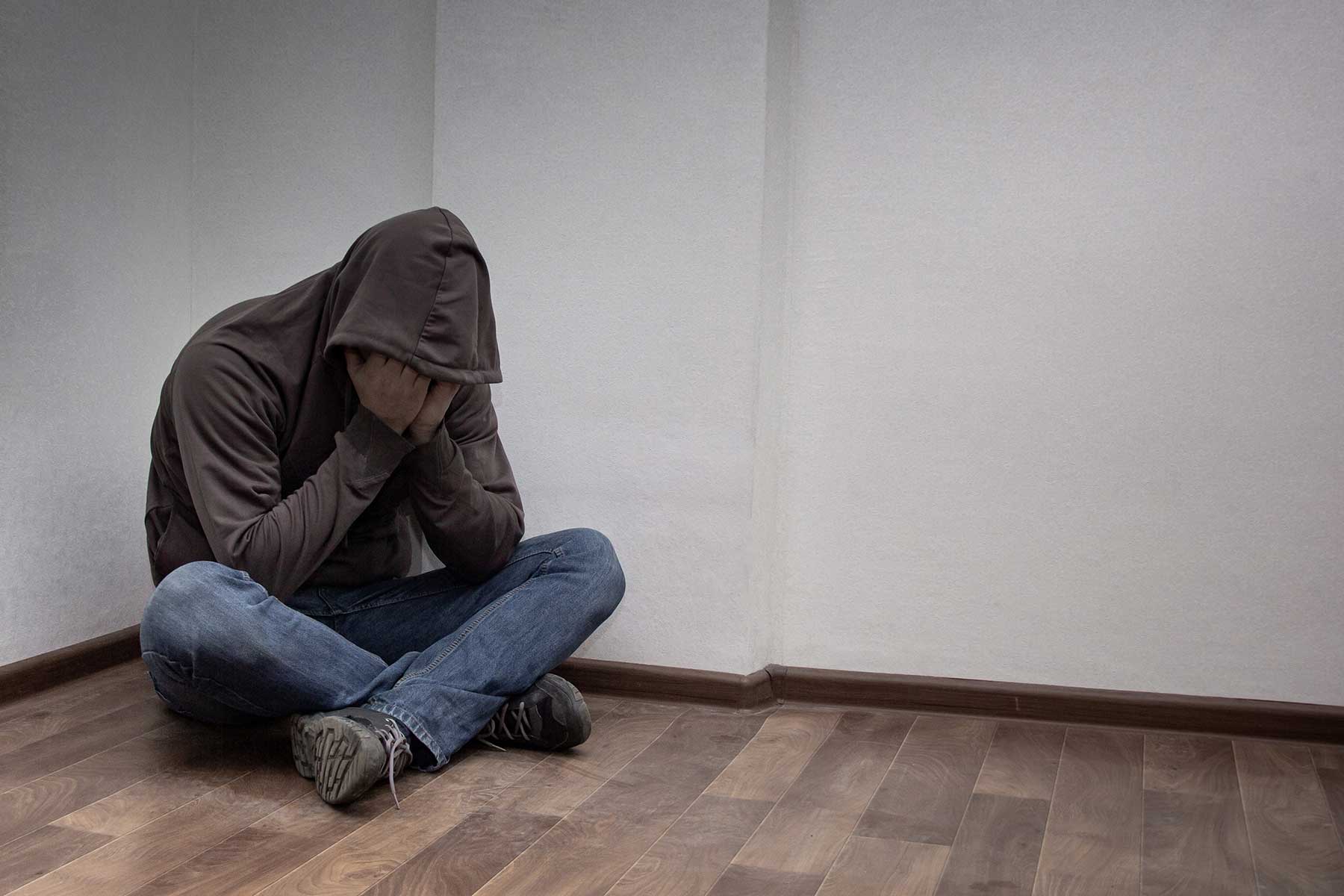
Colorado voted in favor of decriminalizing “magic” mushrooms last year.
It’s a landmark ruling that will add psilocybin to the list of legal drugs in Colorado.
But the law hasn’t changed just yet.
Read on to learn everything you need to know.
Are there Legal Drugs in Colorado?
The short answer is “yes.” There are legal drugs in Colorado.
But it’s a complicated matter.
Psilocybin
Attitudes toward psychedelics are changing, and that change is being driven by the link between psychotherapy for addiction and psychedelic therapy.
The state voted to legalize medical psychedelics in November 2022, and the law is changing quickly. Now, Psilocybin and psilocin, the two psychoactive components found in “magic mushrooms,” are considered legal for medicinal purposes.
The legalization of the substances follows Oregon’s decision to do the same, and it’s in recognition of the potential health benefits when used in a controlled setting: PTSD, anxiety, depression, and other mental health illnesses are treatable with the drugs under the right circumstances.
This doesn’t mean that magic mushrooms are now considered legal Colorado drugs. Permitted and decriminalized, it’s currently still illegal to possess the drug for recreational purposes.
But it’s likely that this will change quickly as time goes on.
Marijuana
The state of Colorado legalized the use of medical marijuana in 2000, while recreational marijuana became legal in 2012 for people age 21 and over.
And just like alcohol consumption, marijuana use is subject to restrictions.
While it’s permissible to consume marijuana on private property, renters and lodgers must first obtain permission from their landlords and property owners.
In general, Colorado forbids recreational marijuana use in public, and its prohibition extends to locations including:
- National forests and parks
- Amusement parks
- Live music venues
- Restaurants
- Common areas at shared housing complexes
Sales of recreational marijuana are also regulated and limited to licensed dispensaries. Similarly, there are licensed lounges and cafes where it’s permissible to consume recreational cannabis across the state.
But why is marijuana legal in Colorado?
We’ll get to that in a moment, but to put it simply, it’s part of a growing national movement to decriminalize drug use, put users first, and reform how addiction is treated.
How Much Marijuana Can I Carry in Colorado?
For recreational users, it’s permissible to carry up to one ounce of marijuana for consumption.
Medical marijuana users can carry up to two ounces and cultivate up to six plants. However, only three of those plants may be in the flowering stage at any one time. That’s the stage during which (female) cannabis plants produce “buds” that contain THC.
Colorado Drug Laws
Colorado is one of the nation’s more progressive states when it comes to controlled substance use, and Colorado drug laws reflect this. While many drugs remain illegal for use, there has been a clear and growing trend toward decriminalization.
“Recoveries, not felonies,” is Colorado’s motto behind the drive.
What Are Drug Schedules?
Different types of controlled substances are classified into schedules by the government of Colorado. The intention is to classify each drug based on its likelihood of being abused.
As a rule of thumb, the penalties for possession and sale of a drug increase the higher the drug is classified according to the drug Schedules.
Schedule I Drugs
Schedule I drugs are those with a high potential for abuse that have no currently accepted medical use. Schedule I drugs include PCP, heroin, and LSD.
Until January 4th, 2023, psilocybin was a Schedule I drug – but the waters of the legal landscape have been muddied by its recent decriminalization.
Technically, psilocybin is now decriminalized: It’s still illegal to sell the substance or carry it in quantities exceeding a permitted amount. How much is permissible is currently up for debate.
Schedule II Drugs
Opium, methamphetamines, cocaine, fentanyl, and oxycodone are Schedule II drugs. This is because they have a high likelihood of abuse but also have accepted medical uses (such as pain relief).
Schedule III Drugs
Ketamine, steroids, and similar substances with lower abuse potential than Schedule I and II drugs fall into this category.
Schedule IV and V Drugs
Most drugs in the fourth and fifth schedules are over-the-counter and prescription medications with a low potential for abuse. These include sleeping pills and cough syrups as well as anti-anxiety medications like diazepam.
Why Decriminalize Drugs?
The growing trend towards Colorado drug users is to recognize that they’re not lowlifes and criminals looking to upend society. Instead, how society perceives and approaches drug abuse is changing, and we see it in the decriminalization movement.
The Decriminalization Movement
Why decriminalize drugs in the first place? The modern approach to drugs is simple:
After decades of prohibition and enforcement, it turns out it’s expensive and inefficient to throw drug users in jail. Most drug felony filings relate to simple possession, and a more common-sense approach to addiction recognizes that it’s a bad idea to simply throw people suffering from addiction behind bars.
The Landscape of Addiction Is Changing
Decriminalization is not the same as legalization, but it represents a more progressive take on drug abuse and addiction.
And addiction grips the nation. Up to 21 million Americans suffer from it.
It’s clearer than ever that addiction is a sign of personal failure, a personal choice, or that it can be beaten through willpower alone.
As time goes on, more legislations are recognizing that addiction is a health problem and not a criminal one. The bottom line?
Drug use changes the alters how the brain works and it’s not moral or effective to punish people for abusing drugs.
Get Help to Kick Drug Abuse for Good
Recreational marijuana and, in the future, psilocybin, are legal drugs in Colorado. But that doesn’t mean society is encouraging drug abuse. Rather, we’re collectively taking a newer, better approach to treating addiction for good.
If you or your loved ones are struggling with addiction, Apex Recovery Rehab in San Diego can help. Our premier residential and outpatient treatment programs are proven to help kick addictions for good. Click here to reach out today.
















